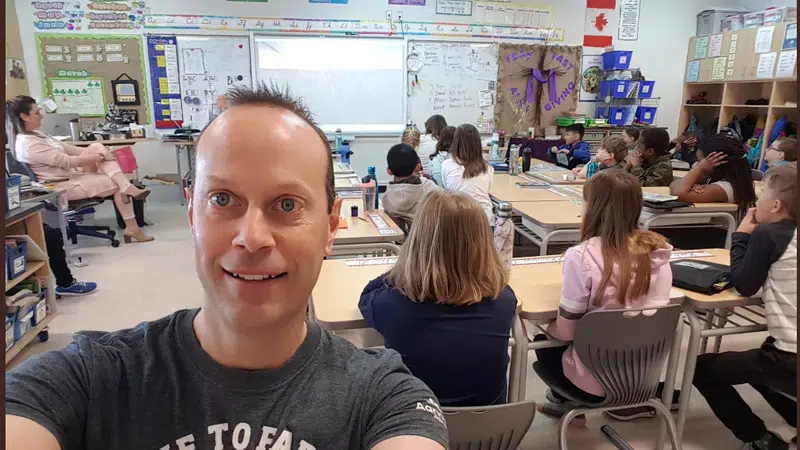
Farmers tell their stories in classrooms as part of literacy month
March is Agriculture Literacy Month in classrooms across the country.
The initiative has farmers and industry representatives visit classrooms to help students learn about, connect to and understand agriculture.
Farm and Food Care Saskatchewan (FFC SK) Executive Director Clinton Monchuk said it’s a great opportunity for students to meet the people who grow the food they are eating.


